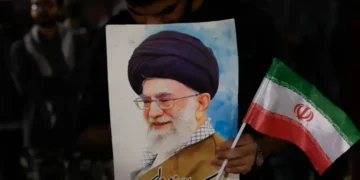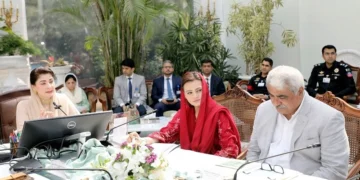BY : Abdeali Zariwala.
Karachi : Illiteracy is a major issue in Pakistan, hurting millions and stifling economic development. According to
UNESCO, around 59 million adults in Pakistan are illiterate, with higher percentages among women and rural populations. The lack of basic literacy skills restricts access to school, healthcare, and career prospects, perpetuating cycles of poverty and inequality. Illiteracy has a direct impact on workforce productivity. A literate workforce is critical to Pakistan's economic success, yet many people lack the skills required to participate in an increasingly competitive global economy. Workers who are unable to comprehend instructions or understand technical documents are inefficient, resulting in increased operational expenses for businesses and slower economic growth. Illiteracy can be a substantial hindrance to advancement in industries such as technology and manufacturing. Furthermore, illiteracy contributes to income disparity in Pakistan. Those with low literacy abilities
sometimes find themselves imprisoned in low-paying occupations with few chances for improvement. This pay discrepancy not only impacts individuals, but it also stifles overall economic growth because a large percentage of the population is still unable to contribute productively to the economy. The cycle of poverty becomes self-prolonging, as low-literacy families are less able to invest in their children's education, perpetuating the trend into future generations. Illiteracy also reduces social mobility. In Pakistan, education is frequently viewed as the path to improving one's socioeconomic level, however millions of people continue to lack access to excellent education. This situation creates a workforce that is underqualified for many potential positions, adding
to high unemployment rates and a dependency on government assistance. Addressing this issue will necessitate major investment in literacy programs and educational infrastructure, especially in rural areas where access to school is limited. Investing in education has the potential to provide huge dividends to Pakistan. According to research, each additional year of study can enhance an individual's earnings by up to 10%. By focusing on literacy and education, Pakistan possesses the potential to not only empower individuals but also catalyze
economic development, nurturing a more skilled workforce capable of driving innovation and growth.
In conclusion, tackling illiteracy is essential for improving Pakistan’s economic performance and social
equity. By investing in education and literacy initiatives, the country can create a more inclusive and
prosperous future, allowing individuals and the economy to thrive together. Addressing this challenge
holistically will pave the way for sustainable growth and improved quality of life for all Pakistanis.




















